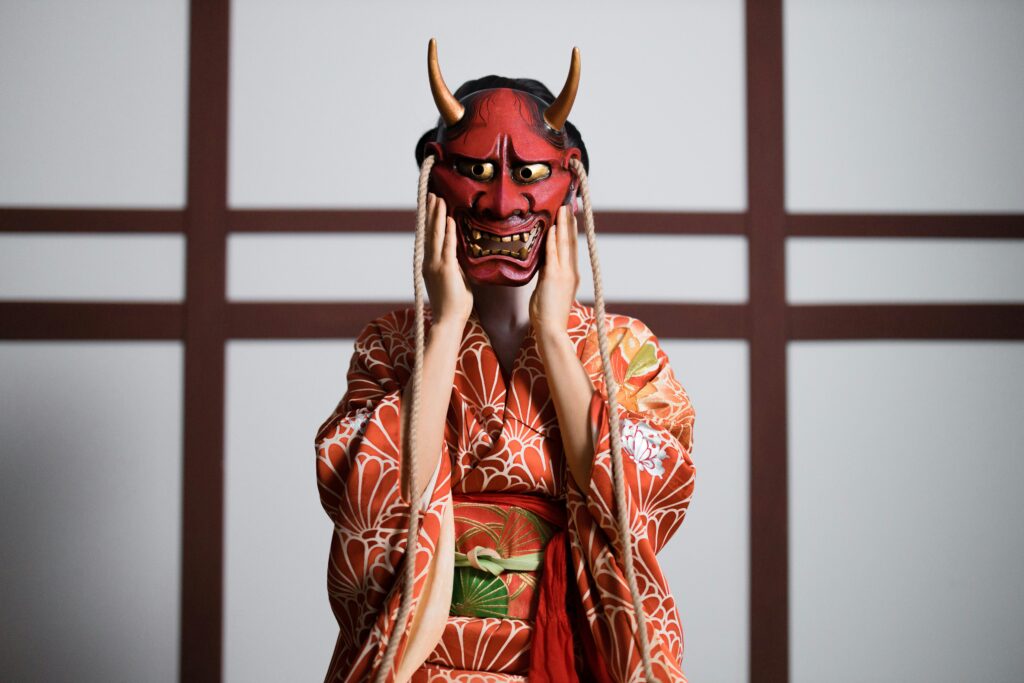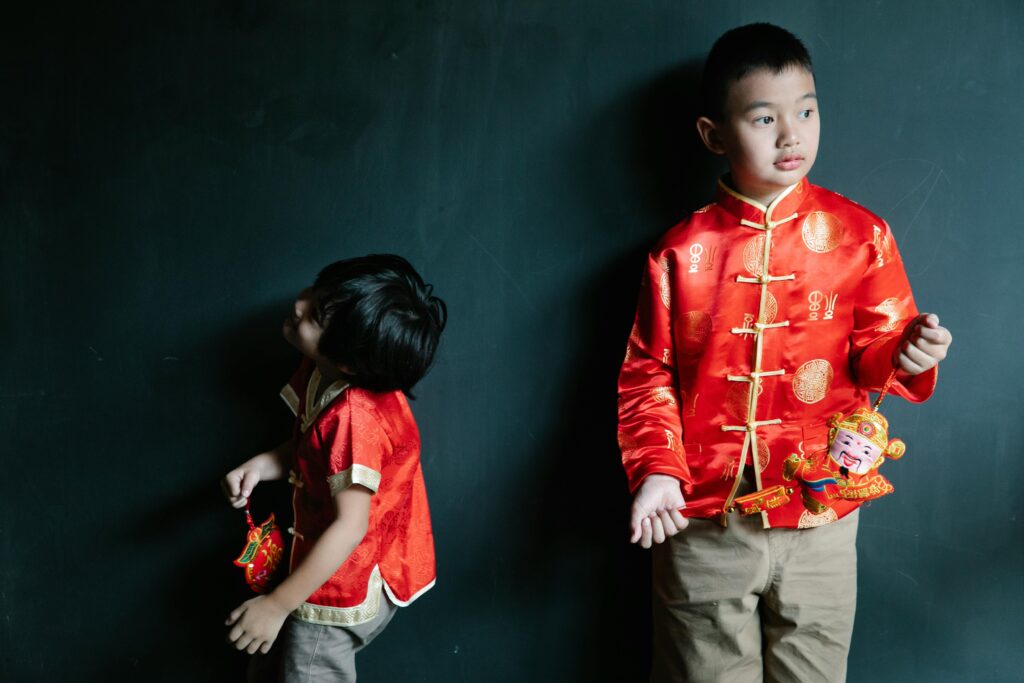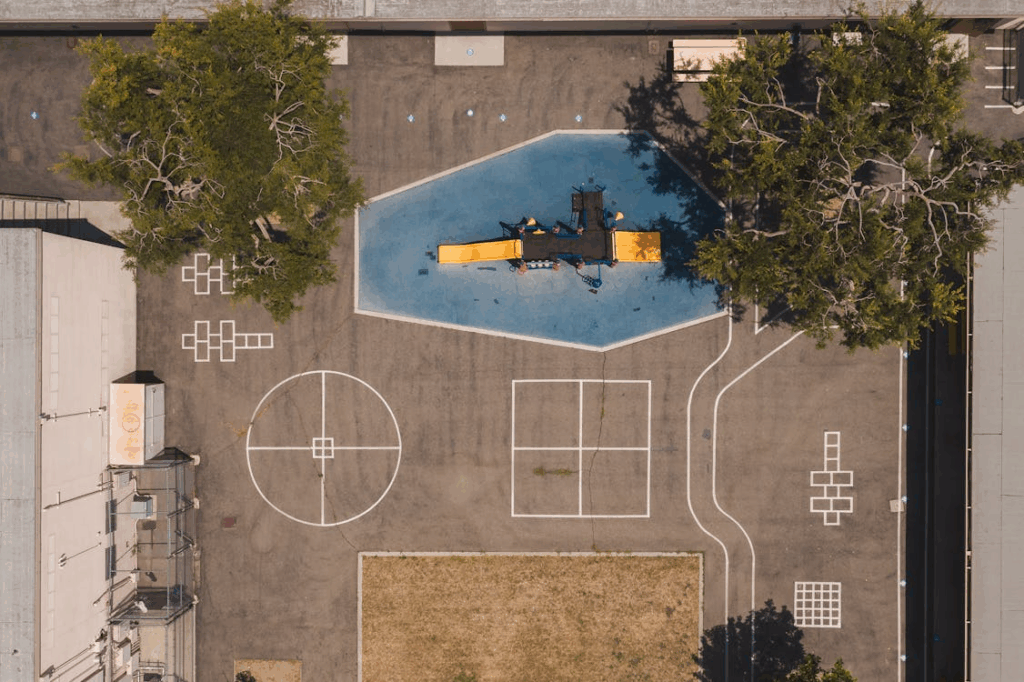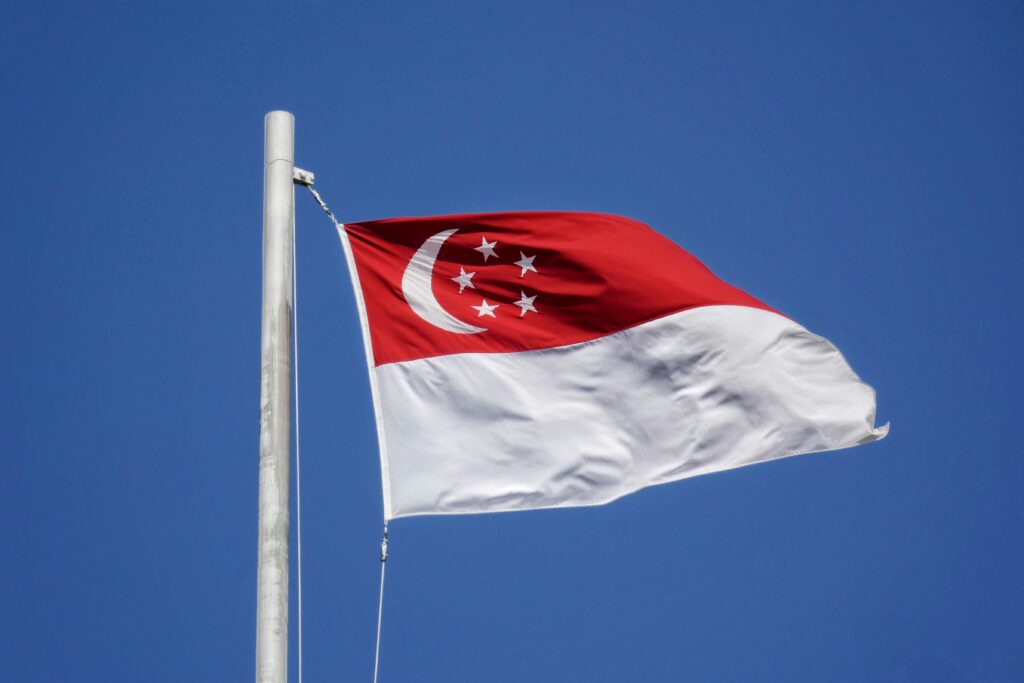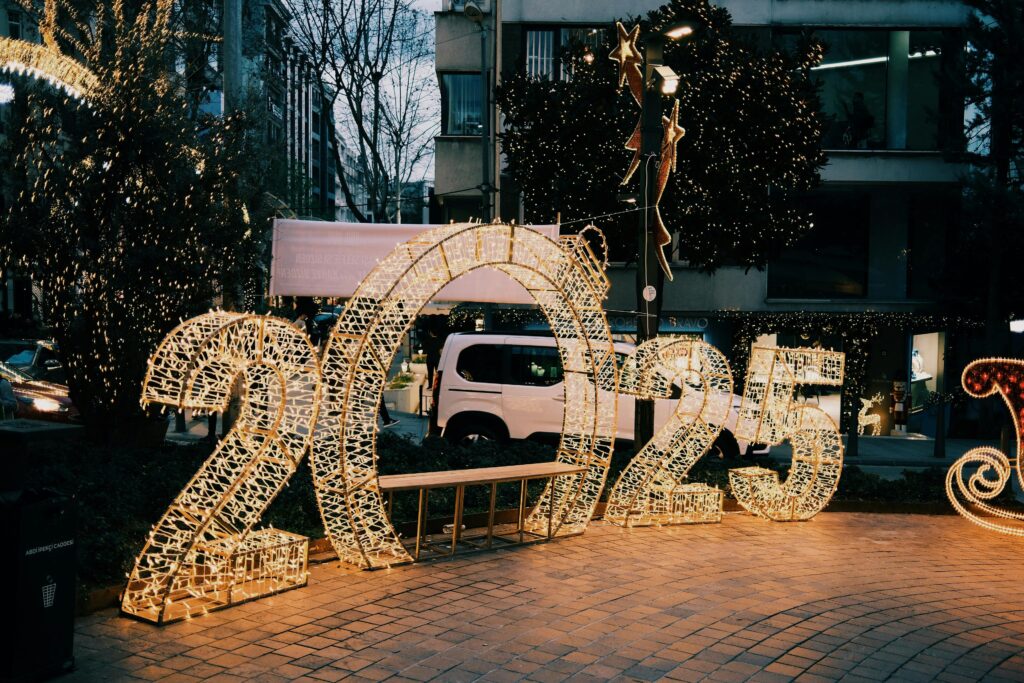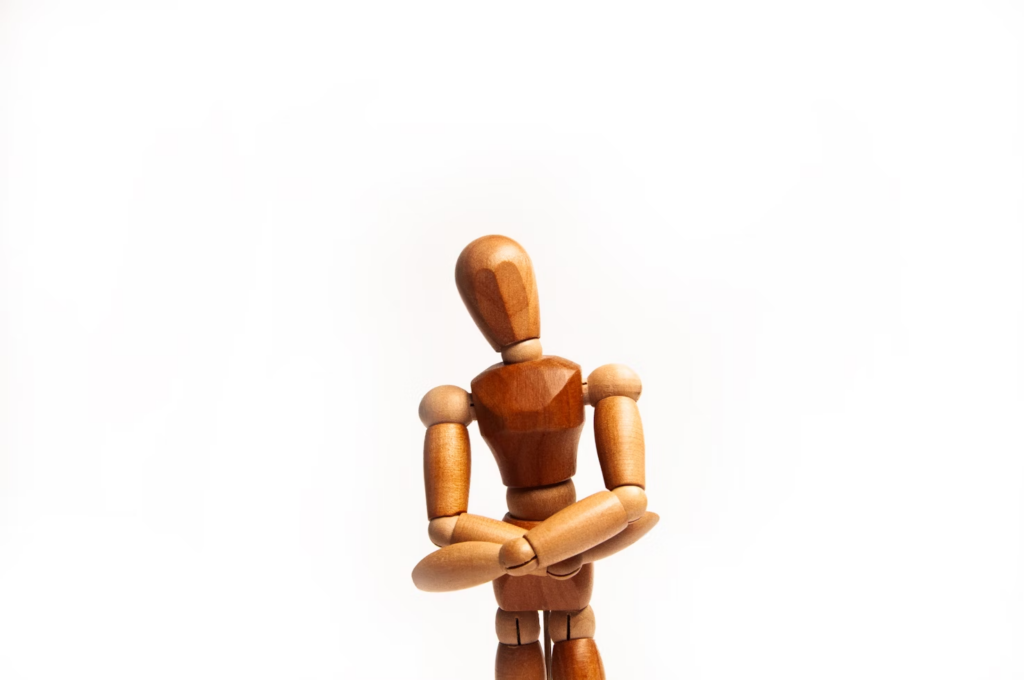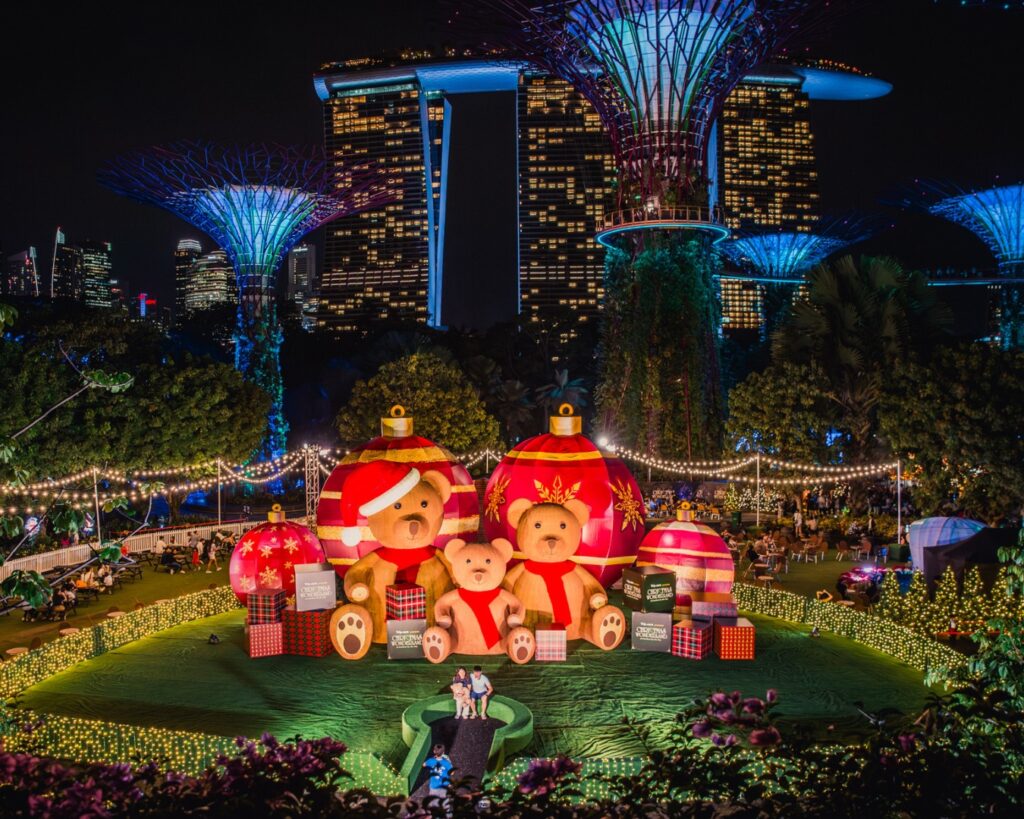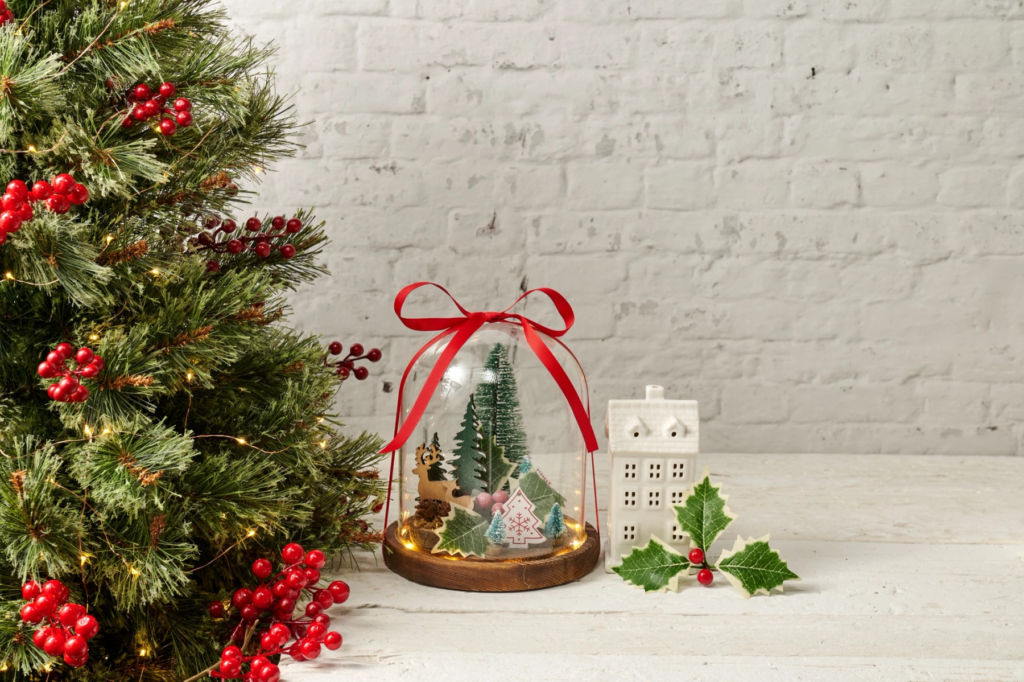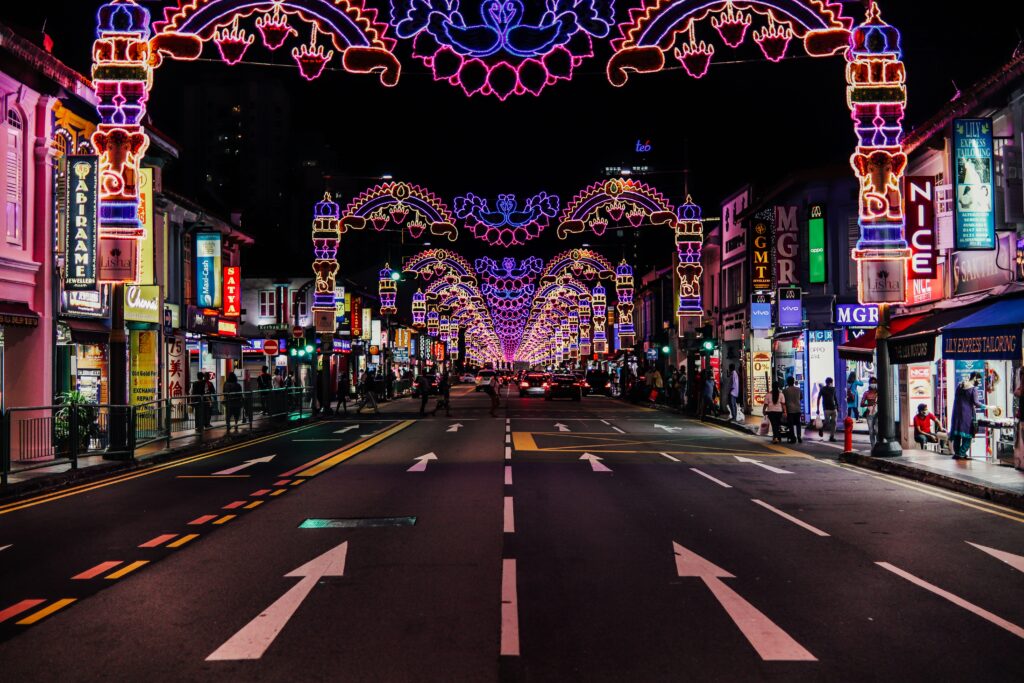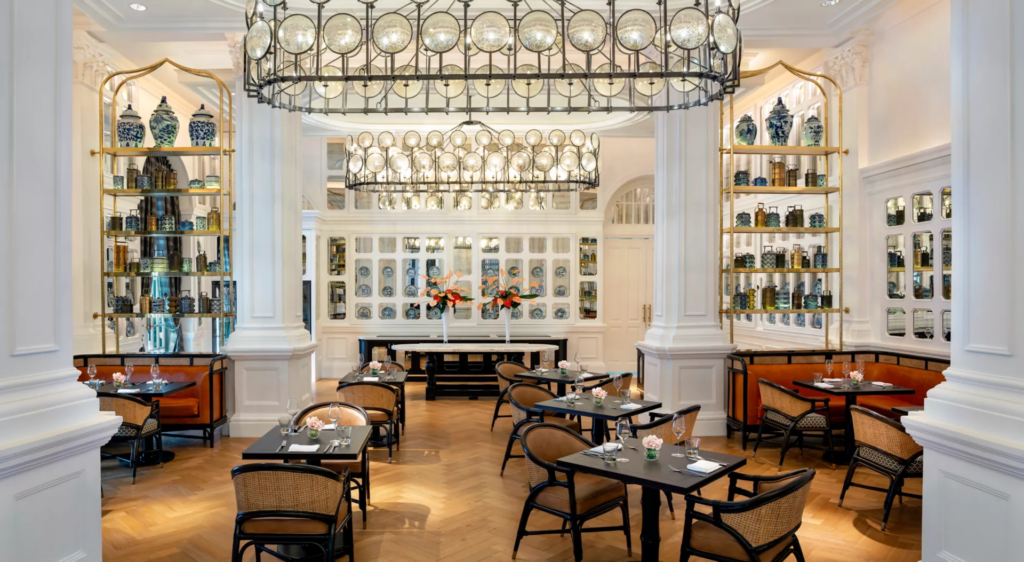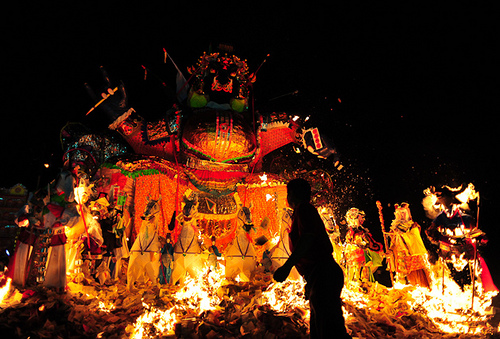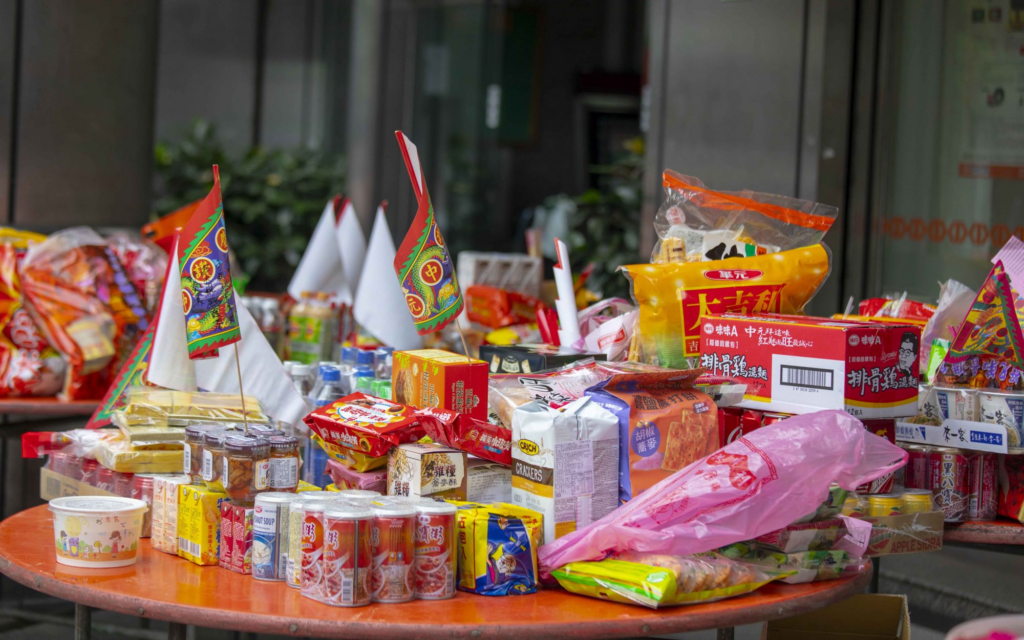"Get ready for a sparkling Christmas in Singapore as the city transforms into a colourful wonderland filled with photo-worthy spots, festive treats, and hands-on fun."

Get ready for a sparkling Christmas in Singapore! The city is coming alive as malls, parks, and attractions transform into colourful wonderlands full of photo-worthy spots, hands-on activities, and delicious treats. From storybook magic and thrilling rides to meet-and-greets with favourite characters, these 15 Christmas events in Singapore for 2025 are perfect for a fun family outing.
1. Christmas Wonderland

Christmas Wonderland remains one of the most magical Christmas events in Singapore, and this year’s edition looks extra dazzling. Presented by Trip.com and Blue Sky Events, the festival returns to Gardens by the Bay, running November 29, 2025 to January 1, 2026. Visitors can look forward to the biggest-ever celebration, packed with more than 40 attractions, immersive experiences, spectacular light displays, festive performances, and over 140 hours of pure holiday entertainment.
The 12th edition brings plenty to get excited about, including brand-new highlights such as Singapore’s first-ever Flying Santa, a majestic 16-metre Christmas Pyramid, and a musical reindeer quartet that promises endless photo-worthy moments. Expect a supersized fairground filled with brilliant light sculptures, carnival games, festive activities, and even magical snowfall that kids will love.
Tickets to Christmas Wonderland in Singapore start at $7, and there are four daily sessions kicking off at 6.30pm all the way through January 1, 2026. Families visiting between November 29 and December 14 can enjoy up to $40 in complimentary coupons for food, drinks, and games, plus a chance to score a luxurious resort stay in The Merry Draw.
2. Wicked for Good at Sentosa

Get ready to follow the Yellow Brick Road as Sentosa Sensoryscape transforms into a whimsical trail leading all the way to the Emerald City at Resorts World Sentosa. Fans of the movie will love spotting iconic elements along the way, including Glinda’s Bubble, Elphaba’s hat, and the shimmering Emerald City itself. The entire stretch is filled with vibrant displays and plenty of moments that kids and parents can enjoy together.
The experience doesn’t end with the visuals, there’s plenty to taste and explore too. Large installations line the path alongside exciting retail booths and themed treats like Wicked churros, Oz burgers and fries, and a layered croissant cube topped with pandan jam and coconut pink glaze. Running 10 November 2025 to 4 January 2026, this festive journey through Oz brings a playful touch to the holiday season and gives families an easy, magical outing to add to their Christmas plans.
3. Barbie-themed Christmas at Wisma Atria
Wisma Atria has given its indoor and outdoor spaces a sparkling makeover this holiday season with a Barbie-themed campaign titled “Upon Iridescent Wings.” Families can step into a dreamy world of pinks, pastels, and shimmer. Tickets cost $10, and the experience runs 7 November to 26 December.
At the heart of the celebration is a stunning couture exhibition at the L1 Indoor Atrium, showcasing more than 70 one-of-a-kind Barbie dolls dressed in sustainable looks created by local artists, designers, and students from LASALLE College of the Arts and the University of the Arts Singapore. The showcase is helmed by Barbie collector Jian Yang and creative crafter Dawn Koh, featuring select couture dolls, including Koh’s pieces and other exclusive designs.
4. Festive WILD-erland

At 80 Mandai Lake Road, the wildlife parks are transforming into a glowing holiday playground perfect for families. Running November 15 to January 4, 2026, the experience features sparkling night installations, interactive snow, dreamy aurora displays, and an impressive 8-metre-tall Christmas tree. Kids can hop on the Christmas train ride or dive into Santa’s Quest, where fun challenges come with prizes. Along the way, the event shines a light on the threatened animal species protected within the Mandai parks, giving the visit a thoughtful touch for both parents and little explorers.With prices starting at just $22 per attraction, families can enjoy Bird Paradise, Rainforest Wild Asia, and the NEW Curiosity Cove.
5. Pac-Man Carnival at Sentosa

Fans of the classic game can step into the Pac-Man Carnival at Sentosa, a lively celebration of the gaming icon’s 45th birthday. Running 12 December 2025 to 11 January 2026 at Palawan Green, the carnival offers a life-sized Pac-Man maze, themed arcade machines, and fun carnival games that kids and parents can enjoy together. Visitors can even take a ride on the Pac-Man themed Sentosa Express train.
The carnival also features live Pac-Man battles where families can cheer on their favourite players. Open Monday to Thursday 3pm–10pm and Friday to Sunday & PH 12pm–10pm (last entry 9pm), tickets start at just $2.90 per person.
6. Christmas Enchantment at Capitol Singapore

This year’s celebration brings a charming mix of a Singing Tree, gentle snowfall, and a cosy Christmas fair perfect for families looking for a festive break. Every weekend from 5 to 25 December, performers from Voices of Singapore and Emerge Arts’ children’s choir will fill the Outdoor Plaza with holiday favourites, all sung while standing atop a beautifully lit Christmas tree. Snowfall sessions run most evenings until 28 December (except 30 Nov & 1 Dec).
The Christmas market brings even more cheer, with handcrafted gifts, fashionable finds, jewellery, festive décor, and plenty of seasonal treats to explore. It’s open daily from 12pm to 9pm, giving parents lots of flexibility. Choir performances happen on Fridays to Sundays, plus Christmas Eve and Christmas Day at 6.30pm, 7.30pm, and 8.30pm. Best of all, the entire experience is free!
7. World Christmas Market 2025

The World Christmas Market transforms Bayfront Event Space into a festive wonderland spanning over 20,000 sqm, offering families plenty to explore and enjoy. Running 11 December 2025 to 4 January 2026, the market features nine themed zones inspired by Santa’s reindeer and the Christmas constellation. Giant candy canes and twinkling lights create a magical backdrop, perfect for holiday photos and immersive family fun.
Visitors can enjoy live performances on multiple stages, including a Christmas Musical that brings seasonal favourites to life. The market also offers international cuisine, artisanal Christmas stalls, and family-friendly activities, along with community initiatives that add a thoughtful touch to the celebrations.
8. Pokémon Christmas Village

If your child is a fan of Pokémon, the Pokémon Holiday Cabin at Suntec City is the ultimate festive treat. Open 6 November to 28 December 2025, 11am to 9pm, the cabin offers interactive experiences, holiday-themed merchandise, and plenty of photo opportunities. Kids can explore a digital quest, snap pictures with a 6-metre-tall Pikachu inflatable or a 12-metre-tall Pokémon Christmas tree, and enjoy the playful decorations throughout the atrium.
Families can also catch Pokémon meet-and-greet sessions and dance parades featuring favourites like Pikachu, Charmander, Charizard, Snorlax, and more. There’s a trading card zone, Christmas AR filters, Pokémon Legends: Z-A trials, and even festive merch to bring home. Snowfall shows run Friday to Sunday, 7 November to 20 December, at 7:30pm, 8:30pm, and 9:30pm at Suntec Plaza, and all meet-and-greet and parade sessions are free.
9. Snoopy Experience Centre

Families can step into the first-ever Snoopy Experience Centre in Singapore, located at HarbourFront Centre, for a festive treat that kids will love. Open 22 November to 28 December 2025, Wednesday to Sunday from 12pm to 8pm, the centre features a huge inflatable playground where children can jump, climb, and play among fun smoke bubbles. Adorable photo spots at the L1 Atrium make it easy to capture memories with Snoopy and friends throughout the visit. Tickets are $8 from Wednesday to Friday and $12 on Saturdays and Sundays. The experience also includes a Smoke Bubble Show running 5 – 28 December on Fridays to Sundays at 5pm, 6pm, and 7pm at the L1 Atrium.
10. PAW Patrol Wonderland Adventure

Kids can celebrate Christmas with their favourite pups in real life at City Square Mall, enjoying a festive adventure filled with PAW Patrol fun. Running 21 November to 28 December 2025, the event lets little fans meet Chase, Marshall, Skye, Rubble, and Santarina while exploring the Wonderland-themed setup. Families can also redeem an Adventure Kit with a minimum spend of $80 (T&Cs apply). There’s plenty of live entertainment too, including the PAW Patrol Live Mall Show and Meet & Greet happening 29 November to 7 December (except 1 Dec) at 2pm and 7pm on the L1 Stage.
11. Unicorn Christmas Garden

Step into a magical world at the Unicorn Christmas Garden, located at Downtown East, 1 Pasir Ris Close. Running 8 November 2025 to 1 January 2026 (with dates varying by activity), the event transforms D’Resort, Wild Wild Wet, Market Square, and surrounding areas into a whimsical unicorn wonderland. Kids can enjoy unicorn-themed floaties, movie nights under the stars, balloon sculpting, and hands-on crafting activities that bring the festive spirit to life.
With a mix of free and paid activities, there’s plenty to enjoy for both children and adults. Guests can take in the colorful unicorn setups, try creative activities, and capture memorable photos.
12. Sesame Street Christmas

United Square is getting festive with a Sesame Street Christmas event that promises plenty of fun for kids. Running 19 November to 28 December 2025, the event features carnival rides, a bubble show, and live performances where little ones can sing along to their favourite tunes. Families can also meet Elmo, Cookie Monster, Bert, Ernie, Count, and Abby in person. A minimum spend of $30 is required to participate in some activities (T&Cs apply).
The Sesame Street Christmas Musical offers free performances at 1pm and 7pm on Monday and Wednesday to Friday, and at 1pm and 4pm on Saturday and Sunday. Bubble Magic Time runs from 28 November to 7 December, with shows daily at 12.30pm and 6.30pm, and an additional 3.30pm show on weekends.
13. Kiztopia’s Great Christmas Village

Kiztopia is bringing festive fun to Orchard Road with two exciting locations, each offering a unique Christmas experience. At Ngee Ann City, The Great Christmas Village features a ginormous bounce house, a Ferris wheel, and a variety of carnival games that promise hours of entertainment for kids. Running 8 November 2025 to 1 January 2026 at 391A Orchard Rd.
Shaw House hosts its own Great Christmas Village from 8 November 2025 to 4 January 2026 at 350 Orchard Rd, offering rides like Rudolph’s Express and Jolly Cruisers, along with claw machines and more carnival games. Tickets use a credit system starting at $20, giving flexibility for families to pick and choose their favourite activities. Both locations combine festive décor, playful attractions, and interactive fun, making Kiztopia a lively and memorable holiday outing.
14. Disney Cruise Line

Captain Mickey Mouse and Captain Minnie Mouse are ready to welcome guests aboard for a festive adventure at Changi Festive Village, starting 5 November 2025 at Terminal 3. The event features charming photo installations, beautifully crafted topiary displays, and special appearances by friends from the Disney Cruise Line, creating plenty of magical moments for kids and adults alike.
The Disney-themed carnival, “Unleash the Holidays!”, offers fun games and activities that bring the holiday spirit to life. Don’t miss the towering 16-metre Christmas Tree or the magical surprises at the Rain Vortex and Canopy Park. With free entry, it’s a cheerful and accessible way to enjoy festive décor, interactive fun, and Disney magic all in one place.
15. Nutcracker Christmas

The Shoppes at Marina Bay Sands is bringing a touch of grandeur with the Nutcracker Christmas display. Levitating Christmas trees, 88 iconic nutcracker butlers, and almost 190 beautifully decorated trees create a truly photoworthy scene that’s perfect for holiday snaps. Light projections on the facade of the ArtScience Museum add an extra layer of magic.
Families can also catch the five-minute Nutcracker Butler’s Concerto, performed twice daily at 7.30pm and 8.30pm, accompanied by evening light projections that bring the nutcracker butlers to life. Running 8 November to 29 December at the Grand Colonnade of The Shoppes, the display is free to enjoy,
Check out more article about Christmmas season: Celebrate December with Your Kids at Local Christmas Markets and Events and Top 15 Stores in Singapore for Christmas Decorations This Holiday Season

